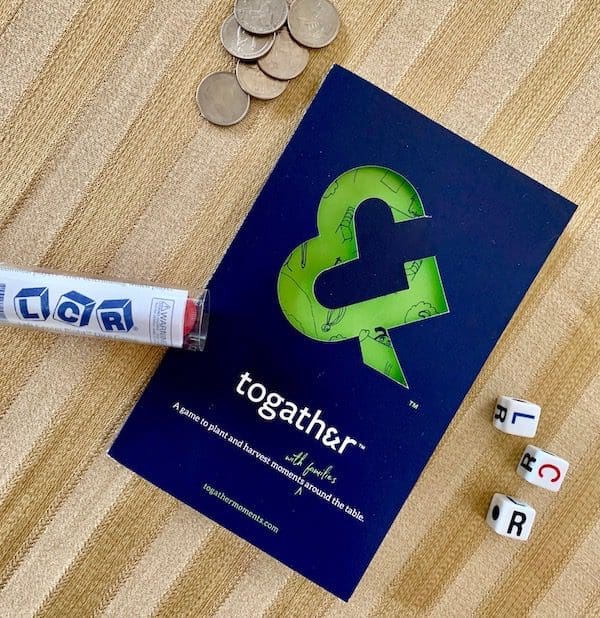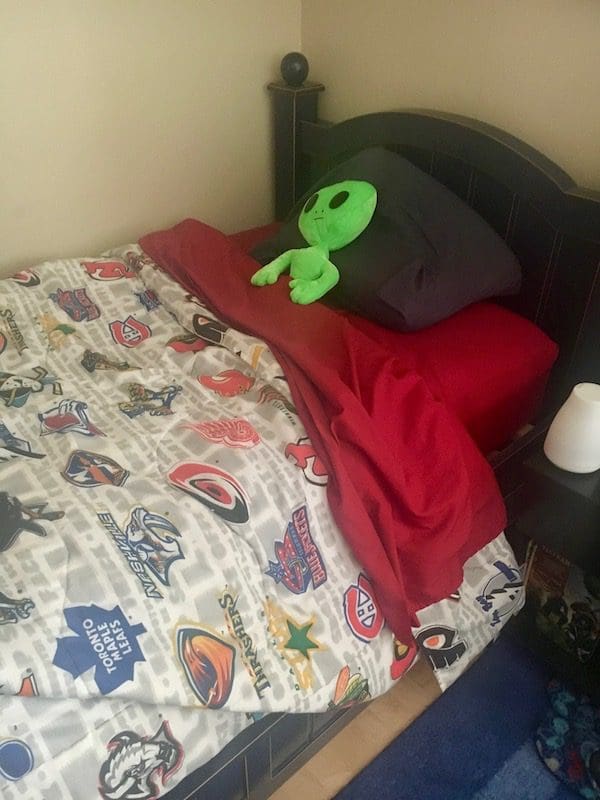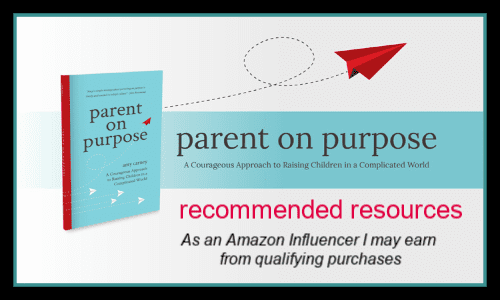This too shall pass.
As unsettling as living through this pandemic is, we need to remember that this season of Coronavirus confinement is just that- a season. It will eventually end. And if we don’t let our grievances and circumstances consume us, we can proactively use this time to our advantage in simple ways.
Let’s purposely respond to our new reality instead of react our way through it.
How do you want to feel when this is all over?
How do you want your family to be strengthened because of this period of unexpected time together?
If quarantine ended tomorrow, what would you be disappointed if you didn’t do?
There is no denying that what we’re going through is crazy on all levels. But, amidst the chaos, there is beautiful opportunity if we choose to bravely seek it out.
Here are 5 Ways to Parent on Purpose During this Pandemic
1. Bring back a childhood family dinner tradition OR start a new one
Our calendars typically prohibit us from gathering around the table as a family often. As we find ourselves spending time eating more meals together, why not bring back a tradition from the past or start something fresh and new?
This time of Coronavirus confinement is the perfect time to gather around our family tables with purpose. It doesn’t matter if we are supporting local businesses and ordering our meals in, or if we’re trying new recipes and preparing them with our kids, or barely getting prepackaged food on the table. What we are eating doesn’t matter near like how we are spending our time together doing it.
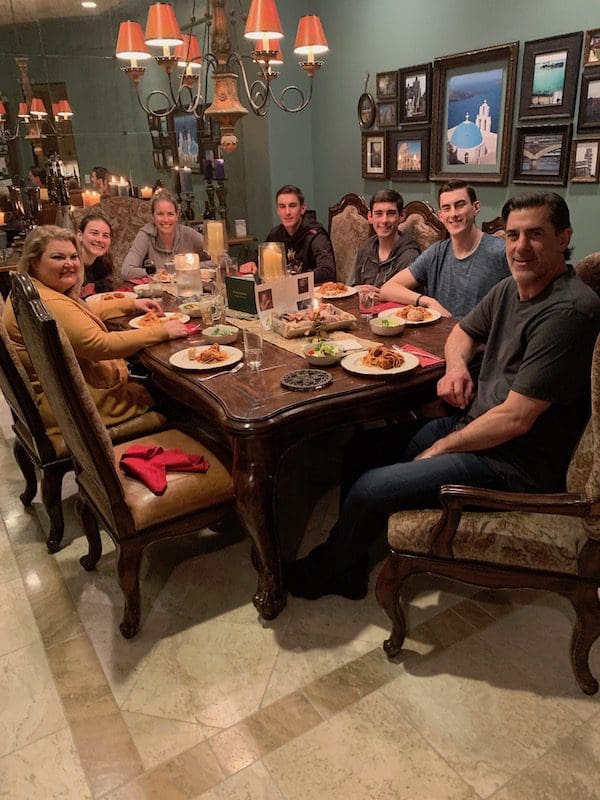
We brought ‘Highs and Lows’ back to our family dinnertime, each of us sharing what the best and worst thing about our day was. This can be a stretch considering we aren’t doing a whole lot these days, which makes us dig deeper perhaps to find gratitude for the simple things in our lives right now.
How about using conversation starters to keep you at the table talking longer? Here are some of my favorites by local Arizona makers: CLICK HERE.
What family tradition can you restart during this time of confinement?
Or what’s something fun you’d like to begin?
2. Teach life skills
My teens are home doing online school; therefore, I am not necessarily homeschooling my high schoolers. But, I am taking advantage of this unique opportunity we have together at home to teach my sons and daughter some real-life skills that our regular lives haven’t allowed the time for.
What is it that your kids are going to need to know when they leave your house for adulthood? What is it that you can take the time to teach them today toward the goal of sending off a capable, confident, responsible adult one day?
If you have toddlers, teenagers or kids in between, there is so much you can (and need to) teach them. Only you know what your child still needs to learn. Is it to tie their shoes or change a tire on the family car? Perhaps it’s merely to learn family members’ phone numbers or their Social Security number?
Make a list of life skills you want to try to teach during this season of quarantine or print off my life skills for the launch checklist HERE.
3. Cultivate a playful home
I don’t know about you, but watching my sons and daughter stare at screens more is not good for me (or them!) so knowing we want our kids on devices less, means we need to purposely set up our homes with more opportunities for play and creativity.

We replaced my beautiful candle holder with this Hook It Game from Kidstop Toys and it is so much fun! The rings are rubber so no damage is done!
Temporarily replace some of your home decor with games or opportunities for your family members to engage in play together. (Kidstop Toys will ship this game or any others to you so check out their website HERE.) We set up a folding table in the living room for continuous puzzles. Our ping pong table is dusted off and games have been pulled out of hibernation.
How can you purposely place pockets of play throughout your house?
4. Live out your values
Our kids are watching how we are handling this Coronavirus crazy time. It’s crucial that we model for our children how to live this unsettling time out in faith and not in fear. This doesn’t mean that we will do it perfectly, because we won’t. Unfortunately, we’re human, and it’s good for our kids to see that.
This is the perfect time to talk as a family about how you can help, serve and support others from home right now. Are their local small businesses or restaurants you can order from to help them stay afloat during this time? What about a favorite online small retailer? Can you pick up extra groceries for someone in need?
How can you serve your friends, family and community members while staying safe and socially distant?
5. Bravely embrace boredom
There’s no better time than the present than to allow our children to be bored. We need to purposely put away the screens and send our kids outside or to their room to figure out how to entertain themselves by themselves. We want our kids to learn that they don’t need to turn to adults to figure out how to occupy their time.
My tech expert friend, Tom Kersting, recently said that “Boredom is miracle grow for the brain” and I have to agree.
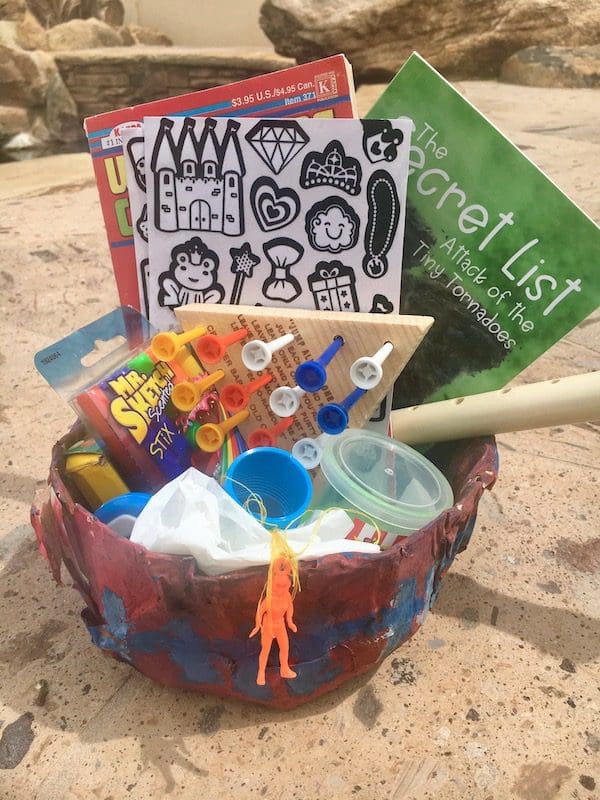
You can even make your kids a boredom bucket, bin or box that they can turn to for creative activities when they aren’t quite sure what to do with themselves.
What are other ways you are choosing to parent on purpose during this pandemic?

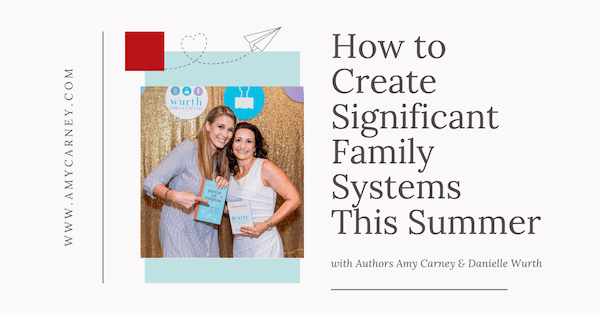


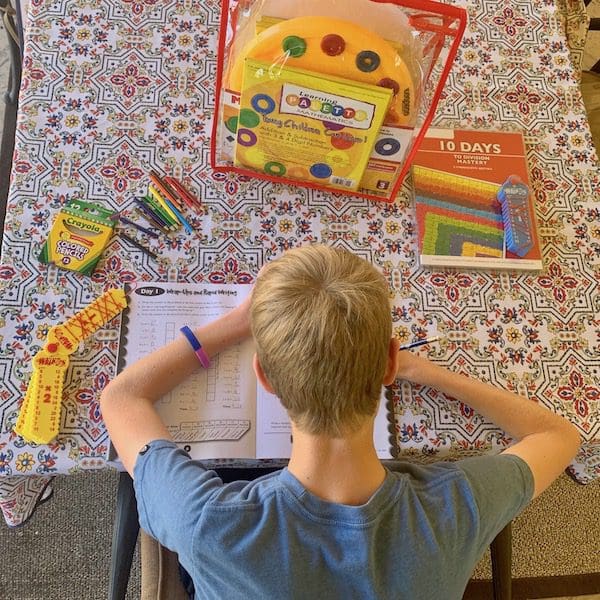
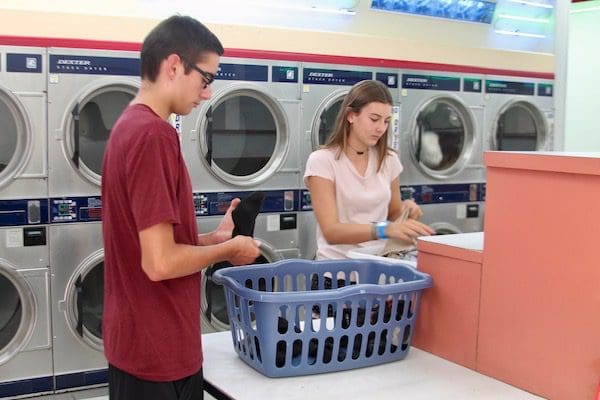





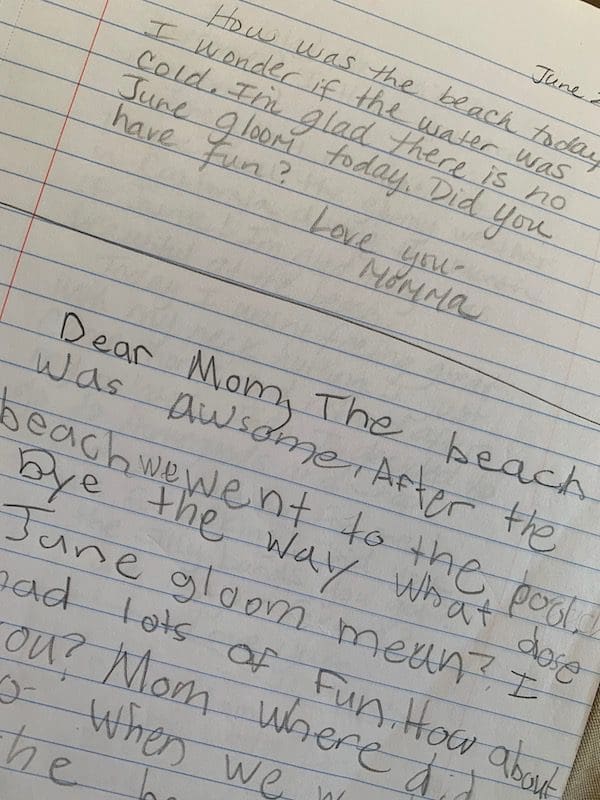
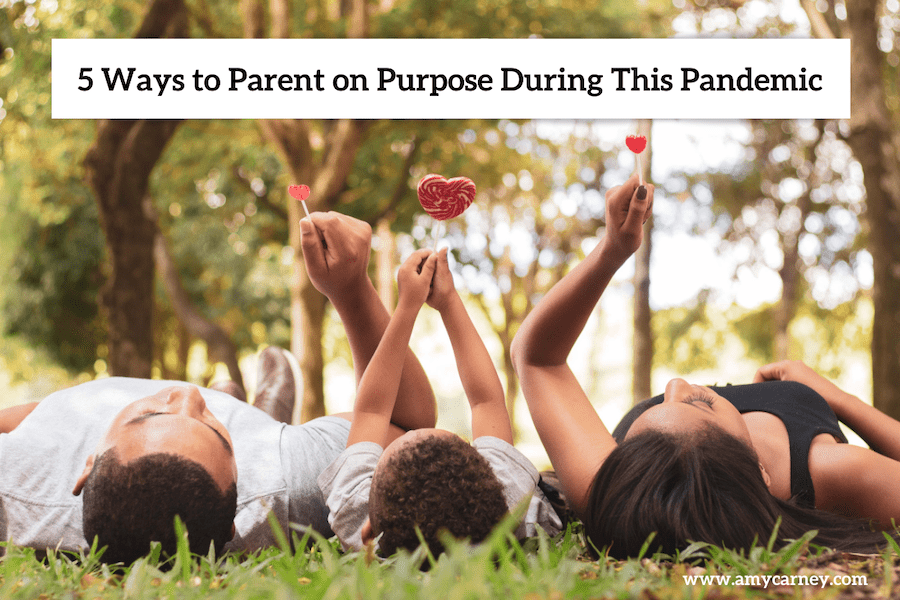





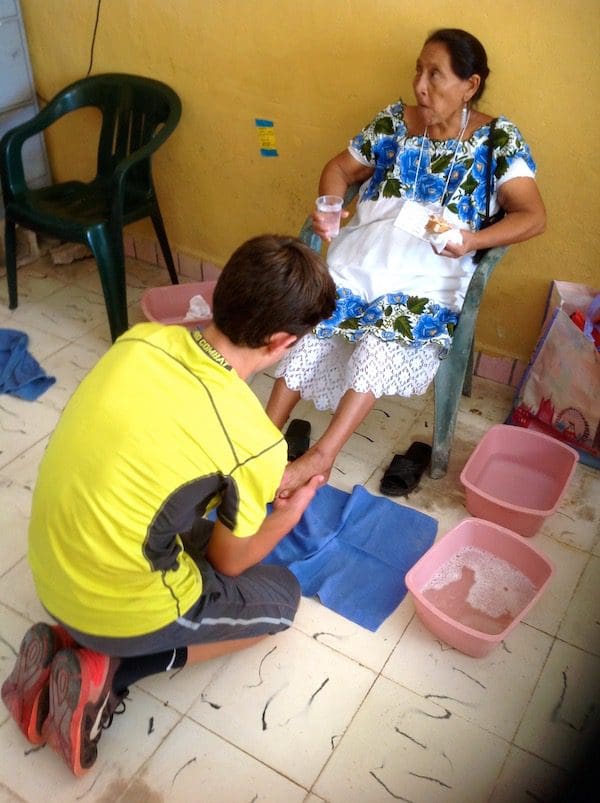 It’s great that this son of mine performed well in school and on his travel hockey team, but when I stop and define success for him as a man, it is not his high achievement or performance that matters. His loving heart, soul, and character will sustain him and develop him into a caring and loyal husband, father, and neighbor.
It’s great that this son of mine performed well in school and on his travel hockey team, but when I stop and define success for him as a man, it is not his high achievement or performance that matters. His loving heart, soul, and character will sustain him and develop him into a caring and loyal husband, father, and neighbor.

